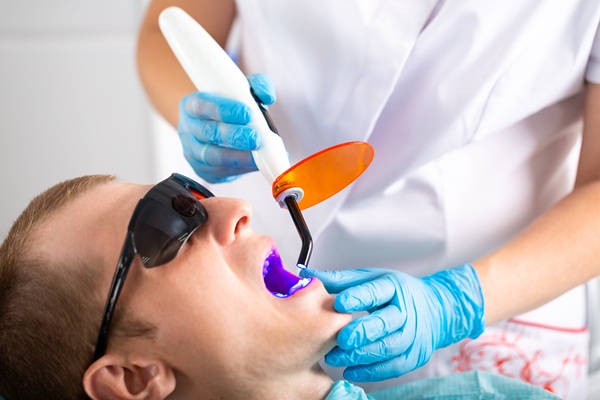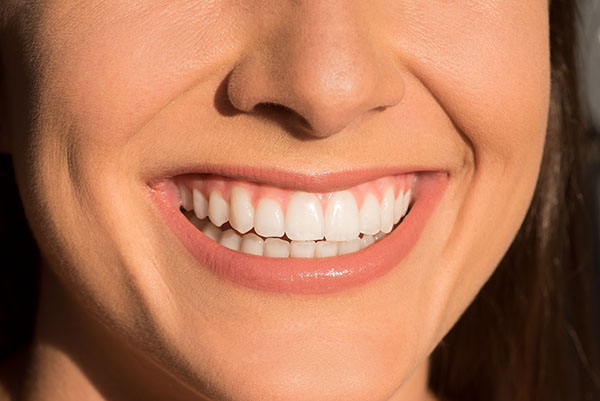 If you are tired of feeling self-conscious about your smile, then dental veneers may be the solution you are looking for. They can help repair chipped, stained, or misaligned teeth. This blog guide will walk you through everything you need to get dental veneers.
If you are tired of feeling self-conscious about your smile, then dental veneers may be the solution you are looking for. They can help repair chipped, stained, or misaligned teeth. This blog guide will walk you through everything you need to get dental veneers.
What are dental veneers?
Dental veneers are thin, custom-made shells that a dentist places over the front surface of a patient's teeth to improve their appearance. They are typically made of porcelain or composite resin and can correct a variety of cosmetic dental issues, including:
- Stained or discolored teeth
- Chipped or cracked teeth
- Gaps between teeth
- Misaligned or uneven teeth
- Teeth that are too small or large
Dental veneers are an effective solution for those looking to improve their teeth' appearance without undergoing extensive dental work.
What is the process for getting dental veneers?
Getting dental veneers involves several steps. Here is what to expect during the process:
Consultation and treating planning
During the initial consultation, a dentist will examine the patient's teeth and discuss their goals for treatment. They will also take X-rays and impressions of their teeth to help create custom veneers. Then, the patient and dentist will determine the most effective treatment plan for their needs.
Preparation
To prepare for new veneers, the dentist will need to remove a small amount of enamel from the front surface of the patient's teeth. This is necessary to ensure that the veneers fit properly and look natural. Depending on the type of veneers, the dentist may need to make a mold of the teeth to send to an off-site dental lab.
Temporary veneers
While the dental lab creates the patient's custom veneers, the dentist may place temporary veneers on their teeth to protect them and improve their appearance. These temporary veneers are typically acrylic and will be removed once the permanent veneers are ready.
Final placement
Once the custom veneers are ready, the dentist will remove the temporary veneers and check the fit and color of the patient's permanent veneers. If necessary, the dentist can make adjustments to ensure the veneers fit properly and look natural. Once the patient and dentist are happy with the fit and appearance of the veneers, they will be permanently bonded to their teeth using a special dental adhesive.
Follow-up
After the dentist places the veneers, they will schedule a follow-up appointment to ensure they are functioning properly and that the patient is satisfied with the results. Maintaining good oral hygiene habits, including brushing and flossing regularly and visiting the dentist for regular check-ups, ensures that veneers last as long as possible.
What are the risks or side effects of getting dental veneers?
As with any dental procedure, some risks and side effects are associated with getting dental veneers. These may include:
- Sensitivity: Patients may experience some sensitivity to hot and cold temperatures for a few days after getting their veneers.
- Irreversible: Preparing the teeth for veneers involves removing some of the natural tooth enamel, which is irreversible.
- Damage: While veneers are durable, they can still break or chip when biting down on too-hard objects or foods.
- Replacement: Veneers are not a permanent dental solution, and patients will need to replace them in the future.
Discussing these risks and any concerns with the dentist before deciding to get dental veneers is important.
Schedule a consultation
Dental veneers are an effective solution for individuals looking to improve the appearance of their teeth. If you would like to learn more, you can call our office. Our team can answer any remaining questions and schedule you for a consultation appointment to start restoring your smile.
Request an appointment or call R. David Brumbaugh, DDS at 214-306-4402 for an appointment in our Dallas office.
Related Posts
Dental veneers may be the most effective option to repair uneven, misshapen, or broken teeth. They can also help reduce gaps in the teeth. Traditional veneers come in two main types: porcelain and composite resin. While both can help you achieve that movie-star smile, they have some differences. This article will explore both porcelain and…
Getting dental veneers can improve your smile. These thin shells can also protect the treated teeth. Your dentist can determine if you can have this treatment. Here are the details to see if you are a candidate for dental veneers.The enamel can thin out because of sweet and acidic foods and drinks. Hard brushing can…
Dental veneers are versatile restorations. Your dentist can improve the health and appearance of your teeth by applying these custom-fit shells. Talking to your dentist about the procedure can motivate you to set your treatment schedule. Here are the pros and cons of getting your dental veneers.Dental veneers can be a good choice for dental…


